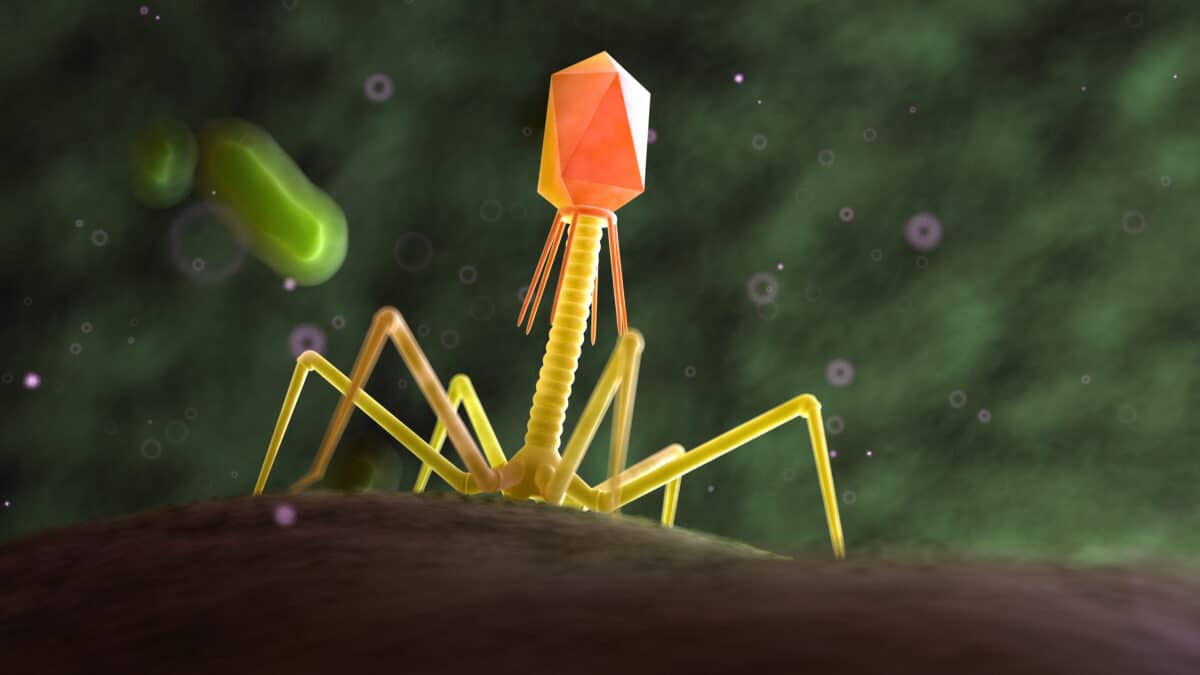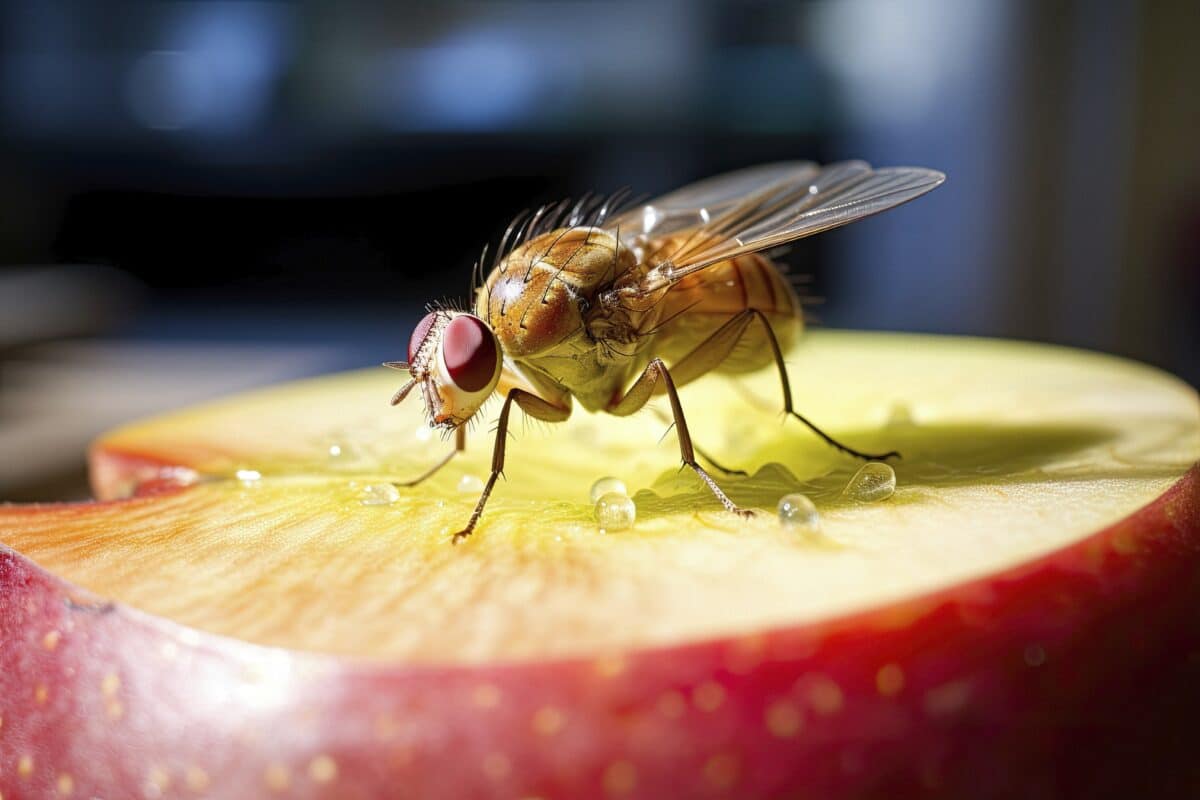Science and Culture Today | Page 1193 | Discovering Design in Nature

New Peer-Reviewed Paper Challenges Darwinian Evolution
Over recent months, papers challenging key elements of Darwinian theory — the kind of papers which are supposed not to exist — have increasingly been slipping through the net and finding their way into the peer-reviewed literature. One such paper, “Is gene duplication a viable explanation for the origination of biological information and complexity?,” authored by Joseph Esfandier Hannon Bozorgmeh and published online last week in the journal, Complexity, challenges the standard gene duplication/divergence model regarding the origin of evolutionary novelty. The abstract reports, All life depends on the biological information encoded in DNA with which to synthesize and regulate various peptide sequences required by an organism’s cells. Hence, an evolutionary model accounting for the diversity of life needs to Read More ›

Peer-Reviewed Research Paper on Plant Biology Favorably Cites Intelligent Design and Challenges Darwinian Evolution
A new original research paper on mutagenesis comprising 240,000 plants in the journal Floriculture and Ornamental Biotechnology favorably cites to “intelligent design proponents,” including Michael Behe, William Dembski, Jonathan Wells, and Stephen Meyer, as advocating one of various legitimate “scientific theories on the origin of species.” The paper was authored by Wolf-Ekkehard Lönnig, a recently retired biologist from the Planck Institute for Plant Breeding Research in Germany who investigates the origin of certain features of flowering plants, or angiosperms. Citing to skeptics of neo-Darwinism such as Behe and “the almost 900 scientists of the Scientific Dissent from Darwinism,” the paper notes that: Many of these researchers also raise the question (among others), why — even after inducing literally billions of Read More ›

William Dembski and Robert Marks Publish (Another) Peer-Reviewed Scientific Paper Supporting No Free Lunch Theorems
A peer-reviewed scientific paper published in 2010 by William Dembski and Robert Marks of the Evolutionary Informatics Lab supports no free lunch theorems. Published in Journal of Advanced Computational Intelligence and Intelligent Informatics and titled “The Search for a Search: Measuring the Information Cost of Higher Level Search,” the paper’s abstract states that unless one has information about a target, search engines often fail: “Needle-in-the-haystack problems look for small targets in large spaces. In such cases, blind search stands no hope of success.” Their principle of Conservation of Information holds that “any search technique will work, on average, as well as blind search.” However, in such a case “[s]uccess requires an assisted search. But whence the assistance required for a Read More ›

In Which I Answer Tantalus Prime’s Queries About Abortion
Tantalus Prime is a graduate student in neuroscience. He’s been following my debate about abortion with Joshua Rosenau of the NCSE. He asks some questions about my views on the right to life that are worth answering. Tantulus: Egnor asserts that humanity is a discrete, not a continuous variable. If so, then would he kindly point to the exact point at which the human begins? After all, fertilization itself is a multi-step process. So, where is it? When the sperm breaches the oocyte membrane? Formation of the pro-nuclei? Initial DNA replication? Degeneration of the pro-nuclei membrane? Formation of the mitotic spindle? Fusion of the chromosomes? Division of the chromosomes and formation of the first daughter cells? This really should be Read More ›
Pro-Intelligent Design Peer Reviewed Scientific Paper Argues for an “Engineered World”
A pro-intelligent design peer-reviewed scientific paper has been published in the International Journal of Design & Nature and Ecodynamics by Dominic Halsmer, a signer of the Scientific Dissent From Darwinism and Dean of the College of Science and Engineering at Oral Roberts University. Titled “The Coherence of an Engineered World,” the review article looks at various facets of the natural world, particularly instances of cosmic fine-tuning, and argues that it is “engineered.” One reason the authors feel the universe is engineered is the fact that it is mathematically and scientifically comprehensible. Human-engineered systems are characterized by stability, predictability, reliability, transparency, controllability, efficiency, and (ideally) optimality. These features are also prevalent throughout the natural systems that make up the cosmos. However, Read More ›
Eugenie Scott Endorses Discrimination Against Darwin-Doubting Scientists
We’ve previously reported on the case of Martin Gaskell (here, here, here), an astronomer who was denied a job at the University of Kentucky (UK) due to perceived sympathy for “creationism.” In reality. Gaskell is no creationist, and calls himself an “old earth theistic evolutionist” who has “no trouble with the natural selection process.” Gaskell alarmed the Darwinian thought police at UK because in online notes from a talk, he favorably cites the works of proponents of intelligent design like Michael Behe and Phillip Johnson, and states, “there are significant scientific problems in evolutionary theory,” and “these problems are bigger than is usually made out in introductory geology/biology courses.” In his deposition testimony he further stated that “when it comes Read More ›

More From Jerry Coyne






































